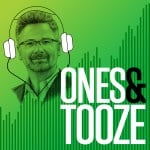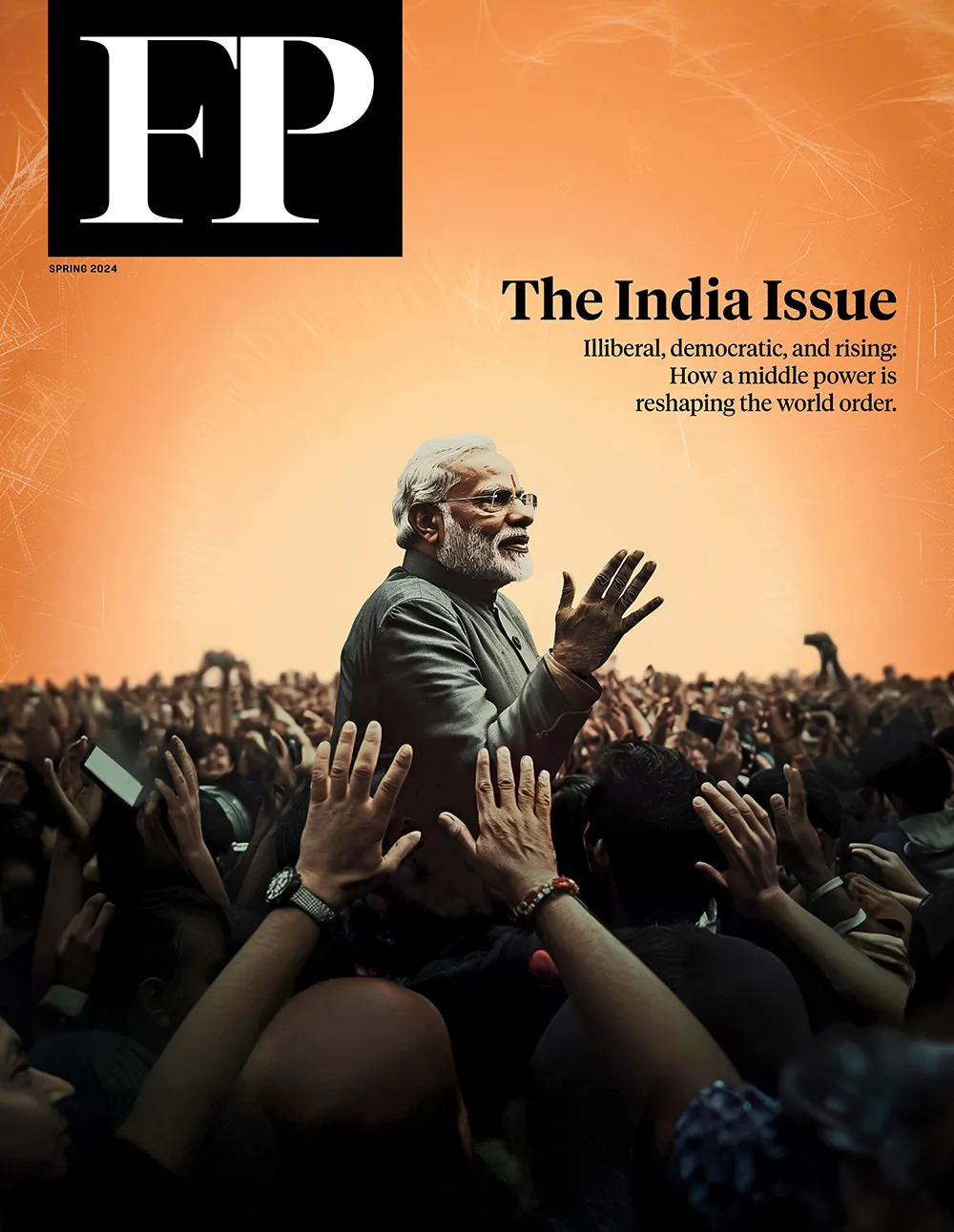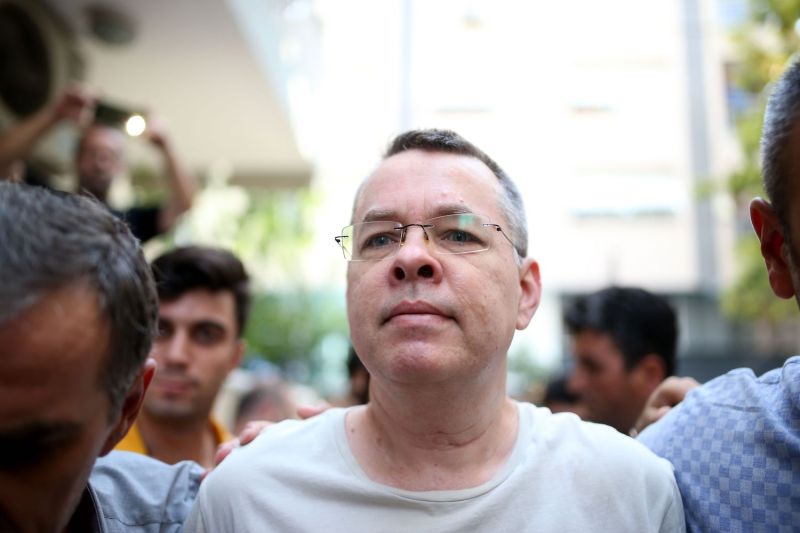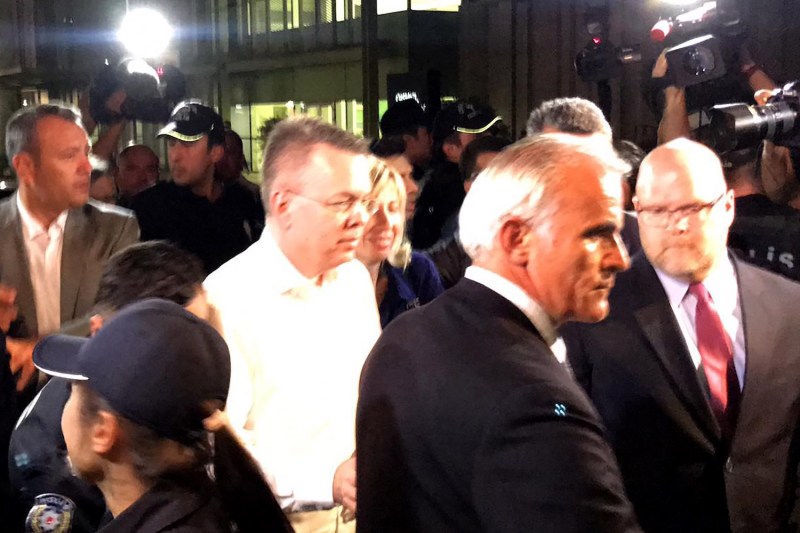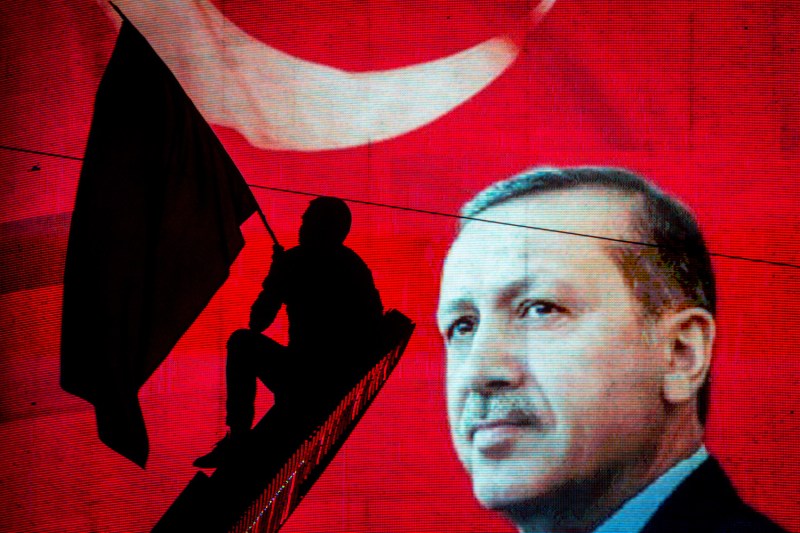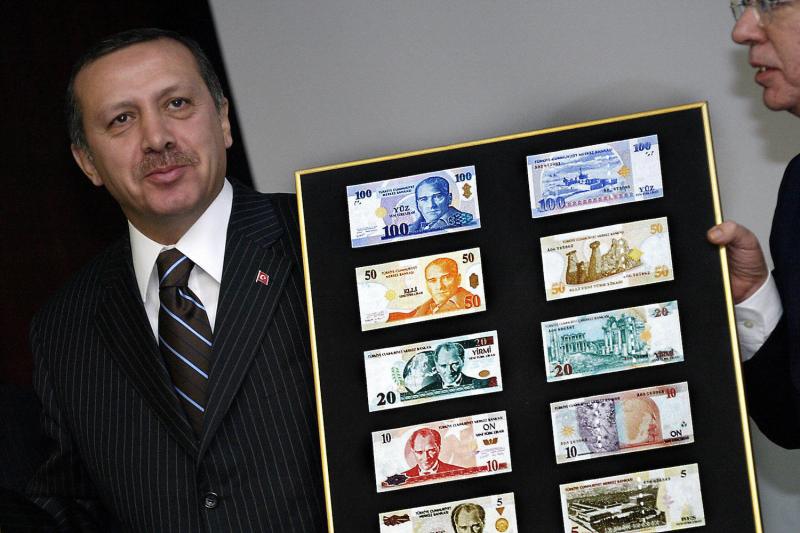Erdogan May Have Freed Pastor Brunson, But Turkey’s Economy Is Still Trapped
Even if Trump lifts sanctions now, the lira won’t recover for a long time.
“He was the most expensive prisoner in Turkey!” called out one journalist in a crowd standing on the steps of the court in Izmir, Turkey, earlier this month. Inside, the American pastor Andrew Brunson had just been sentenced to just over three years in prison. The verdict, though, meant freedom: Brunson, whose two-year detention in Izmir had prompted the Trump administration to hit Turkey with economic sanctions, could now go home to the United States on time served. And go home he did. A few hours later, he was meeting with U.S. President Donald Trump in the White House.
“He was the most expensive prisoner in Turkey!” called out one journalist in a crowd standing on the steps of the court in Izmir, Turkey, earlier this month. Inside, the American pastor Andrew Brunson had just been sentenced to just over three years in prison. The verdict, though, meant freedom: Brunson, whose two-year detention in Izmir had prompted the Trump administration to hit Turkey with economic sanctions, could now go home to the United States on time served. And go home he did. A few hours later, he was meeting with U.S. President Donald Trump in the White House.
The evangelical pastor had lived in Turkey for nearly 25 years with his wife, Norine. He ran the small Resurrection Church. His life, however, took a drastic turn after Turkish President Recep Tayyip Erdogan faced a coup attempt in 2016. Brunson was accused of spying for two organizations, the Kurdistan Workers’ Party (PKK) and the network of the preacher Fethullah Gulen, whom Ankara believed was behind the attempted ouster.
Starting after Brunson’s first trial, in April, Trump and his administration began calling for the return of the pastor—a “wonderful Christian husband & father,” in Trump’s words—to U.S. territory. Turkey, for its part, refused to do so. “You have one pastor as well,” Erdogan said, referring to Gulen, in a September 2017 speech. “Give him to us. … Then we will try [Brunson] and give him to you.” Following a court ruling this summer, after which Brunson’s sentence was changed to house arrest but he was not released, Trump stepped in with sanctions.
The United States doubled its tariffs on steel and aluminum imported from Turkey and froze the assets of the Turkish interior and justice ministers. The Turkish lira hit a low of 5.11 to the dollar, and inflation reached 24.5 percent. Erdogan railed against the United States, and some Turks made a show of burning dollars, boycotting McDonald’s, and destroying Apple products.
As the economy soured, rumors swirled that Turkey would soon cave and release the pastor after a trial scheduled for Oct. 12. Even though the eventual verdict was expected, however, the trial was still surprising to watch. Brunson, standing alone in front of the judges, only said a few words: “I am an innocent man. I love Jesus, I love Turkey.” During the proceedings, several witnesses suddenly retracted their testimony against Brunson, and the hearing was finished in a few hours—just before the Turkish stock exchange closed for the day.
Brunson’s release is certainly a win for Trump, but the outcome is more mixed for Turkey. After the verdict, Erdogan applauded the Turkish justice system, tweeting in Turkish: “Dear @realDonaldTrump, as I always pointed out, the Turkish judiciary reached its decision independently. I hope that the United States and Turkey will continue their cooperation as the allies that they are, and fight together against terrorist groups.” His statement was somewhat at odds with his earlier promise to prevent Brunson from ever walking free, and only time will tell whether Turks will call out his change of heart.
It seems unlikely, meanwhile, that Turkey will soon recover from its deepening economic crisis. So far, the United States has shown no sign that it will lift its sanctions on the country. The United States has also denounced the imprisonment of other Americans in Turkey, including Serkan Golge, a NASA scientist, as well as the detention of two Turkish employees of U.S. diplomatic missions. “[U.S. Secretary of State] Mike Pompeo said that other Americans detained in Turkey also have to be released, so the story does not end with Brunson,” Bulent Aliriza, the director of the Turkey Project at the Center for Strategic and International Studies, told me. Further, even if the United States did roll back the sanctions, it might not help. Turkey’s economic problems are structural: For years, it juiced economic growth by building infrastructure. Now, there’s high inflation and high interest rates that won’t go away just because sanctions do.
Still, if Brunson had not been released, things could have gotten much worse for Turkey. According to Aliriza, Trump was prepared to recall U.S. Embassy personnel from Turkey. For now, Aliriza emphasized, the “[Kurdish] issue has not gone away, the Gulen issue has not gone away, the disagreement on Jerusalem has not gone away. Iran’s issue has not gone away.” If taking Brunson off the long list of sore spots between the two allies helps at all, it may have been worth it.
Julie Honoré is a journalist in Turkey.
More from Foreign Policy

Arab Countries Have Israel’s Back—for Their Own Sake
Last weekend’s security cooperation in the Middle East doesn’t indicate a new future for the region.
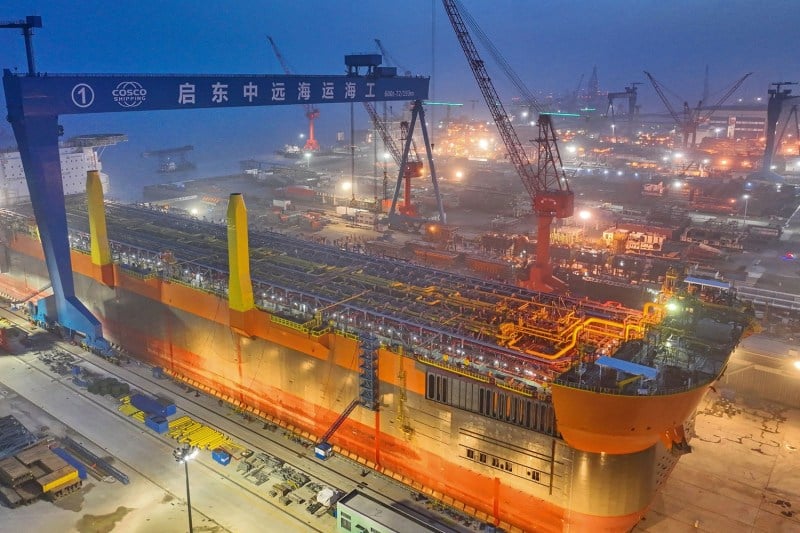
Forget About Chips—China Is Coming for Ships
Beijing’s grab for hegemony in a critical sector follows a familiar playbook.
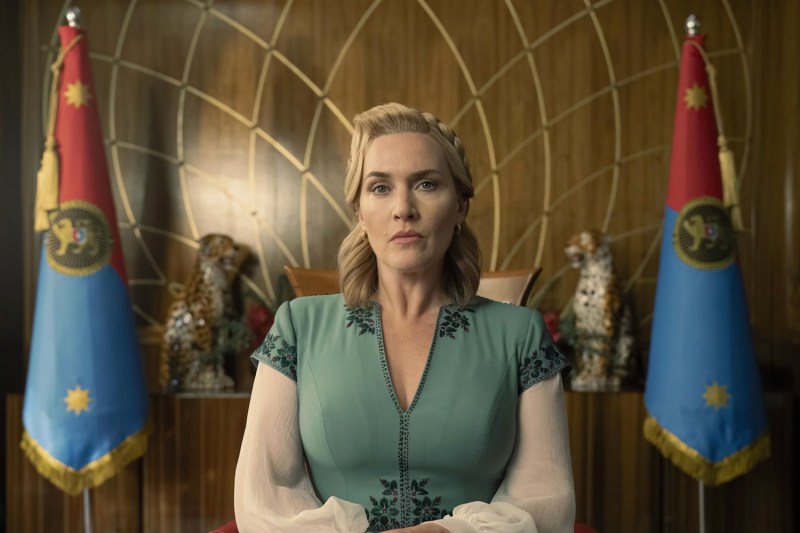
‘The Regime’ Misunderstands Autocracy
HBO’s new miniseries displays an undeniably American nonchalance toward power.
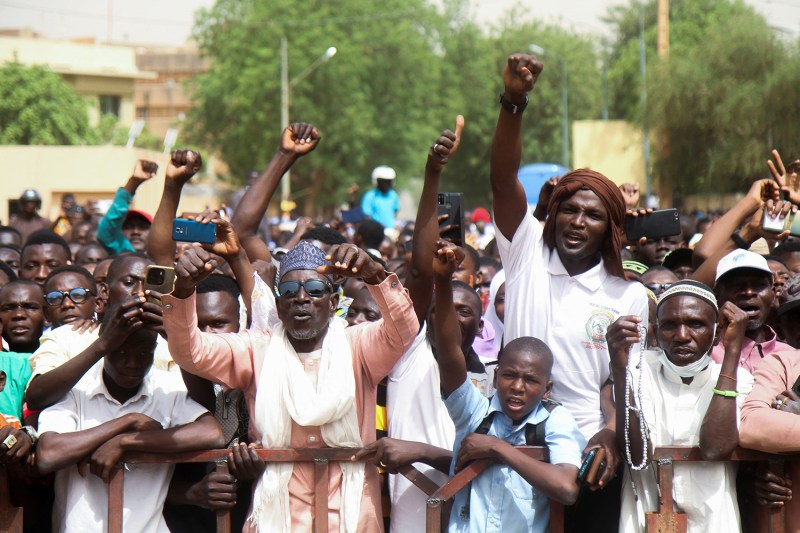
Washington’s Failed Africa Policy Needs a Reset
Instead of trying to put out security fires, U.S. policy should focus on governance and growth.
